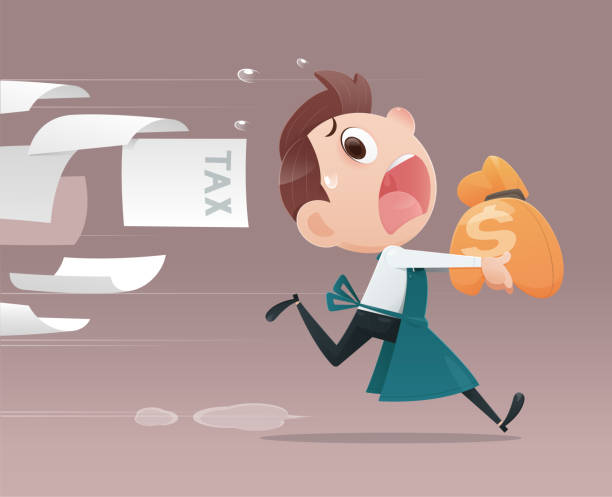As public schools in Washington experience turmoil (as The New York Times puts it), due to recent court decisions, Seattle Times columnist Danny Westneat points to what he says may be one source of the problem – campaign donations from special interests to state judges.
He examines the accusation that some judges are politically allied with the WEA, the state teachers union. He notes that seven of the nine justices received financial help at election time from the powerful labor organization. One justice benefitted from a $50,000 WEA contribution to a PAC that supported her campaign. Later, she voted for the WEA position in two key education cases.
The union is well funded. In Washington, public school teachers must join the union or be fired. Dues taken from a teacher’s paycheck can reach $1,000 a year, not counting special fees and assessments.
In elections, many teachers find themselves in the awkward position of voting against candidates who have received union money taken from their own salaries.
Public disclosure records show seven of the nine justices received the maximum campaign donation allowed, up to $1,900 each, from executives at the WEA. I wrote about some of these disclosures in a Legislative Memo here.
At the same time, the WEA filed a lawsuit to overturn the state’s voter-approved charter school law. Nationally, charters are not controversial.Several million students attend charter schools in 41 states, but here union executives strongly oppose allowing children to attend a charter school.
Last Friday, six justices voted to strike down our charter school law, possibly shuttering the schools of some 1,200 children, and blocking students from accessing these popular schools in the future.
To add to the confusion, executives for the largest district union, in Seattle, have led teachers out on strike, closing schools to nearly 50,000 children. For families this is not some distant new story – it is creating real hardship in homes across the city.
One acquaintance of mine has a teen-age daughter whose learning disability has caused her to miss a lot of school. Working with a counselor they created a plan and their daughter was super-excited about starting classes again. Late last night they received an automated call from the district – there would be no school in the morning because of the strike. The parents said seeing the look of disappointment on their daughter’s face was harder than all the planning up to that moment.
Hopefully, Seattle schools will re-open soon and union-led conflicts around the state will be resolved peacefully. In the meantime, the financial and political influence of union executives on our judicial system bears further examination.




